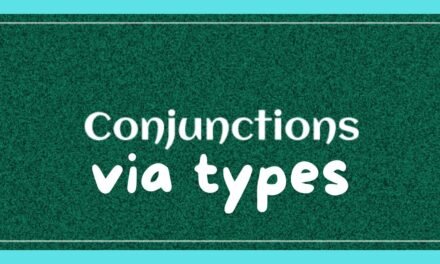Have you ever stumbled upon a single line of words that sent shivers down your spine? A sentence so potent, it felt like it held the key to a universe within? That, my friend, is the power of The sentence.
This isn’t just a string of words; it’s a weapon of language, capable of igniting emotions, reshaping perspectives, and leaving an indelible mark on your mind. It could be a historical quote that echoes through the ages, a literary masterpiece that unveils a hidden truth, or even a personal mantra that carries you through life’s challenges.
Prepare to embark on a journey where we delve into the anatomy of The sentence. We’ll crack the code of its construction, explore the masters who wielded its power, and discover how you too can harness its potential to craft impactful messages and leave your mark on the world.
The sentence
When we speak or write we use words. We generally use these words in groups; as,
Little Jack Homer sat in a corner.
A group of words like this, which makes complete sense, is called
a Sentence.
Kinds of Sentences
Sentences are of four kinds:
- Those who make statements or assertions; as Humpty Dumpty sat on a wall.
- Those who ask questions; such as Where do you live?
- Those which express commands, requests, or entreaties; as,
Be quiet.
Have mercy upon us. - Those who express strong feelings; as,
How cold the night is!
What a shame!
- A sentence that makes a statement or assertion is called a Declarative or Assertive sentence.
- A sentence that asks a question is called an Interrogative sentence.
- A sentence that expresses a command or an entreaty is called an Imperative sentence.
- A sentence that expresses strong feelings is called an Exclamatory sentence.
SUBJECT AND PREDICATE
(1) We name some person or thing;
(2) Say something about that person or thing.
3. When we make a sentence:
In other words, we must have a subject to speak about and we must say or predicate
something about that subject.
Hence every sentence has two parts:
The part which names the person or thing we are speaking about. This is called the Subject of the sentence.
The part that tells something about the Subject. This is called the Predicate of the sentence.
The Subject of a sentence usually comes first, but occasionally it is put after the
Predicate as:
Here comes the bus.
Sweet are the uses of adversity.
In Imperative sentences the Subject is left out; as,
Sit down. [Here the Subject You is understood].
Thank him. [Here too the Subject You is understood.]
Conclusion
Don’t just write another sentence, craft a masterpiece. With the power of “The Sentence,” you can unlock a world of opportunity. Imagine leaving a lasting impression on your audience, guiding them with clarity, and inspiring them to action. “The sentence” is more than just words; it’s a potent tool waiting to be wielded. So, are you ready to write sentences that resonate, captivate, and leave an unforgettable impact?








You are my inspiration , I own few blogs and occasionally run out from to brand.
Whats Happening i’m new to this, I stumbled upon this I’ve found It absolutely useful and it has aided me out loads. I am hoping to give a contribution & assist different users like its aided me. Great job.
Good day! This is kind of off topic but I need some advice from an established blog. Is it very hard to set up your own blog? I’m not very techincal but I can figure things out pretty quick. I’m thinking about creating my own but I’m not sure where to begin. Do you have any ideas or suggestions? Cheers
You have observed very interesting details! ps nice web site.
Great wordpress blog here.. It’s hard to find quality writing like yours these days. I really appreciate people like you! take care